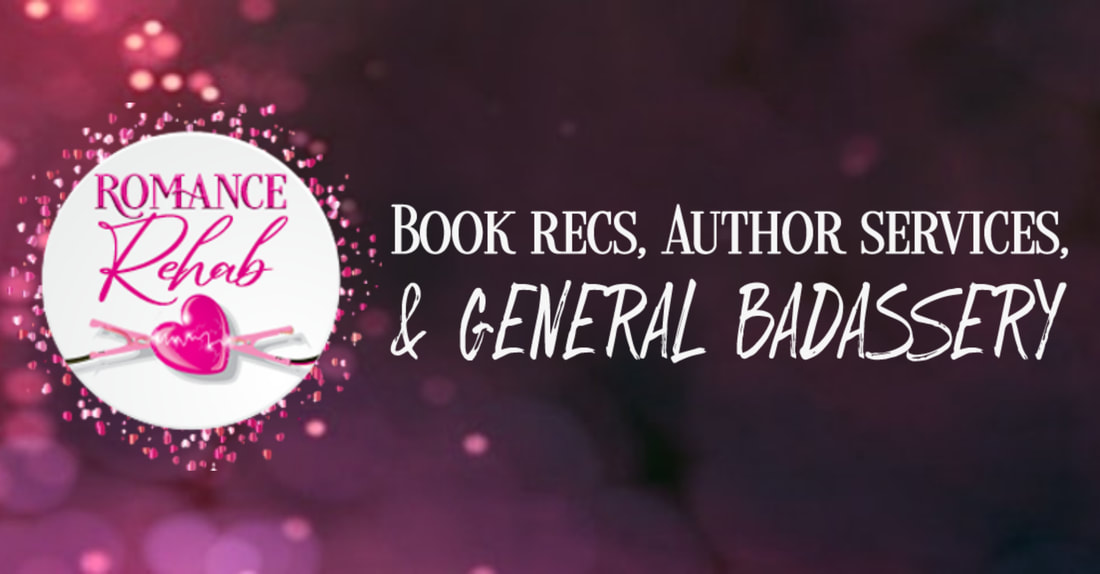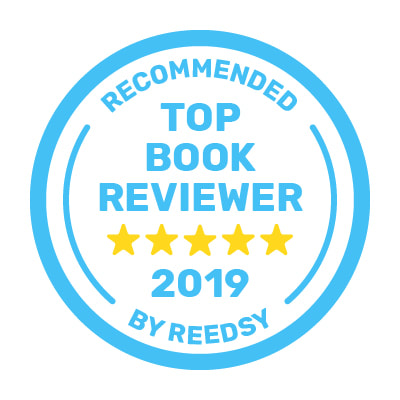|
Even though Hillary Clinton might not agree, romance novels have come a long way since 1972’s The Flame and the Flower. You don’t often seen heroes raping heroines these days. (Thank God) There are strong female role models all over the genre in just about every romance category. But there’s one thing that was common in the romance novels of the seventies that you still find a lot of today, and that’s virgins. The Kinsey Institute claims that most men lose their virginity around age of 16, and most women lose it around the age of 17. And yet in many romance novels, it’s not uncommon to find a heroine who is over 25 and still a virgin. (Note: there are some male virgins in romance novels, too, but there are so few of them that it’s hardly worth discussing. Female virgins, however, are way more common.) So, in a world where most women are losing their virginity at 17, why are there so many holdouts in romance land? Now, in historical romance novels, the answer to this question is fairly easy. The fact is that historically, it was traditional for women to remain virgins until marriage. So, a historical romance author writing a virginal heroine is really just an author who is choosing to create historically accurate characters in historically accurate settings. No big deal. But what we’re talking about today is virgin heroines in contemporary romance. What’s up with that? And usually in these romances, the hero, upon taking the heroine’s virginity, feels an instant sense of possession, a kind of primal satisfaction, upon realizing that he’s her first. Almost as if she now belongs to him because the fact that he broke her hymen has somehow branded her. Surely this is a fictional construct, right? Romance authors and readers have learned to take this possessive, alpha, “she’s mine all mine now, muwahahaha” posturing as shorthand for “he loves her so much, he just doesn’t know it yet,” right? I certainly hope so. Because the alternative—that romance authors and readers think a sexually experienced woman is somehow undeserving of a HEA—is unthinkable. Now, don’t get us wrong. We’re not saying that we expect all romance heroines—or real-life women, for that matter—to be sexually experienced by the age of 20. Saving oneself for marriage is a perfectly valid choice. But it’s certainly not an overly common choice these days. And since romance novels often take heat for not being realistic, it seems that authors wanting to crush the romance stigma might consider limiting the number of 20+ year-old virgin heroines they include in their novels. Sadly, this is a discussion that always seems to produce more questions than answers. The loss of a heroine’s innocence has been romanticized in fiction, but is that the case in the real world? Do men even place any value on a woman’s virginity these days? Should the state of a character’s hymen even matter at all in a romance? Why aren’t there more male virgins in romance? We could go on, but we’d like to know what you think! Let’s discuss.
0 Comments
Leave a Reply. |
FOLLOW US
Archives
May 2024
|
|
ROMANCE AUTHOR SERVICES
Romance novel blurb help Romance Remedy program Referral program Romance author services
|




 RSS Feed
RSS Feed
